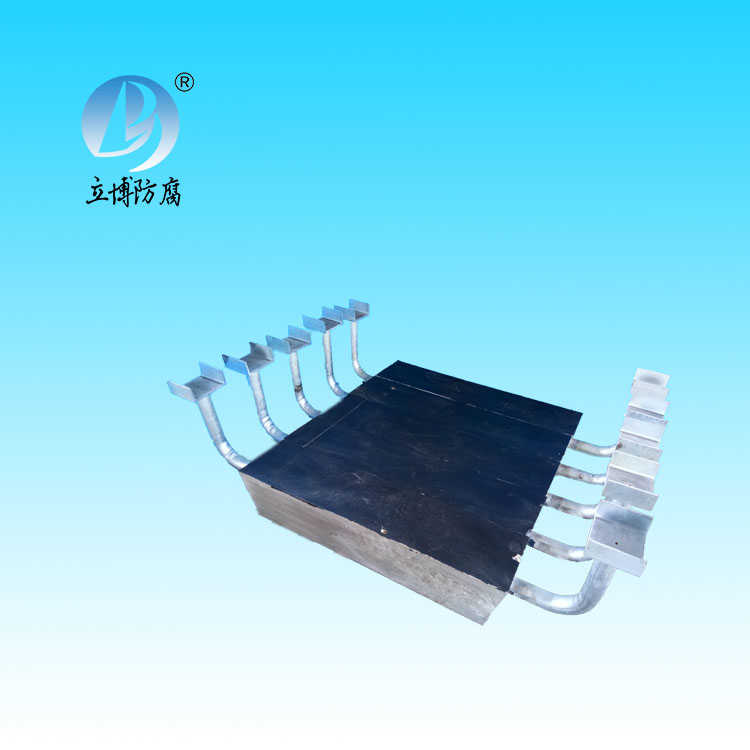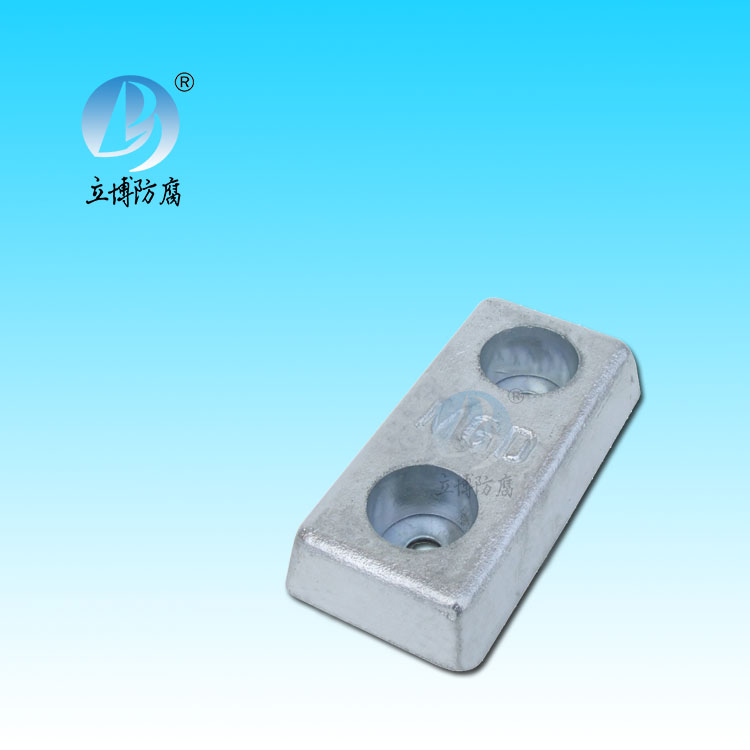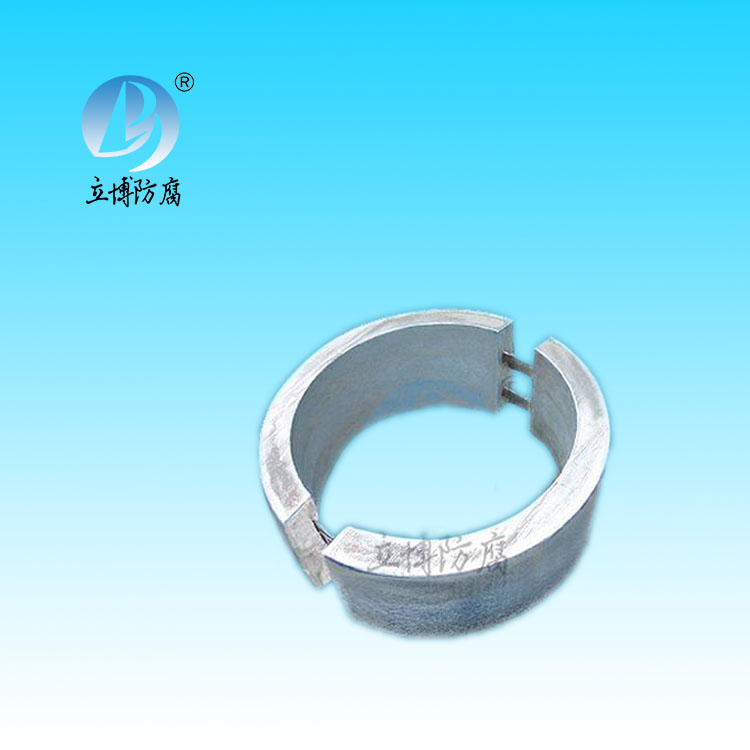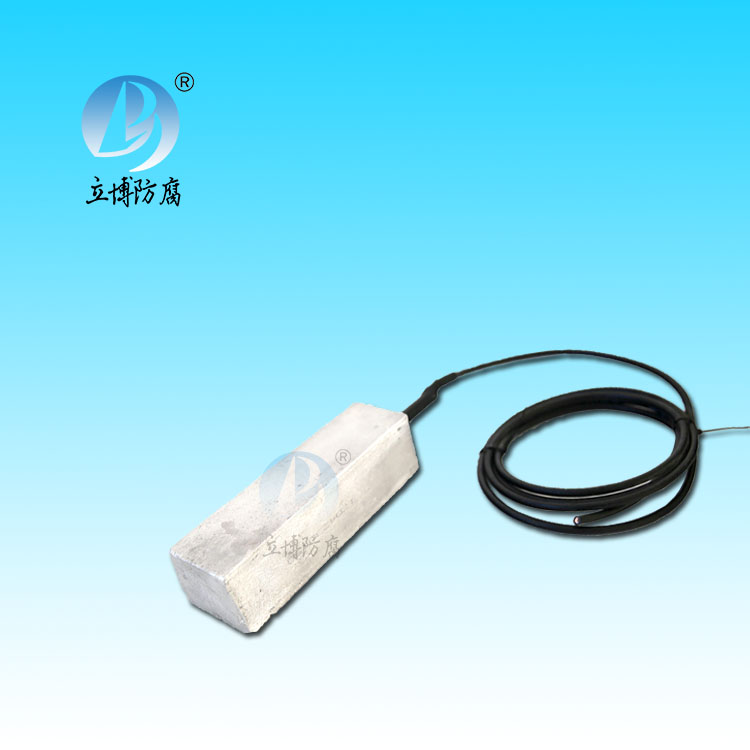News
News
- What is a sacrificial anode
- Basic requirements for reference...
- What does the reference electrode do...
- Why are zinc blocks attached to the ...
- What is the principle of impressed...
- What material does metal structure...
Contact
Phone:18739187123
hotline:0391-7588881
E-mail:970512272@qq.com
Address:Wuzhi County, Jiaozuo City, China
Industry News
Corrosion of metal
- Author:Libo
- Source:wwww.ppvvw.com
- Date:2021-08-12
- Click:0

Metals have many excellent properties, such as electrical conductivity, thermal conductivity, strength, toughness, plasticity, wear resistance, castability and so on. Metal materials are still the most important structural materials, widely used in all aspects of production, life and scientific and technological work. Metal products are damaged in the process of production and use, such as mechanical wear, biological damage, corrosion and so on.
Corrosion of metals is the destruction or deterioration of metals caused by the action of the environment. There are other terms for the corrosion of metals. The environment is the substance that comes into contact with the metal. For example, the natural atmosphere, seawater, fresh water, soil and other raw materials and products used in production and life. Due to the chemical or electrochemical action of these substances and metals, metal corrosion is caused by mechanical force, ray, current, biological and other functions in many cases. The corroded part of a metal that changes from elemental to compound, resulting in rust, cracking, perforation, brittleness, etc. Therefore, in most cases, the process of metal corrosion is the reverse of metallurgyClassification of metal corrosion
There are two major classifications of metal corrosion:
1. According to the corrosion process, there are mainly chemical corrosion and electrochemical corrosion. Chemical corrosion is the damage caused by the direct chemical action between metal and environmental media. No current is generated during the corrosion process. For example, corrosion of metals in high temperature air or chlorine gas, corrosion of metals by non-electrolytes, etc. A medium that causes chemical corrosion of a metal cannot conduct electricity. Electrochemical corrosion is the damage caused by the electrochemical action of a metal in an electrolyte solution. In the corrosion process, an electric current is generated. Any medium that causes electrochemical corrosion can conduct electricity. For example, the corrosion of metals in acids, alkalis, salts, soil, sea water and other media. The main difference between electrochemical corrosion and chemical corrosion is that it can be decomposed into two independent and simultaneous cathode process and anode process, while chemical corrosion does not have this characteristic. Electrochemical corrosion is more common and common than chemical corrosion.
2. According to the morphology of metal corrosion damage and the distribution of corrosion area, it can be divided into comprehensive corrosion and local corrosion. Overall corrosion is the corrosion of the entire surface of the metal. Overall corrosion has the same corrosion degree of uniform corrosion; There are also non-uniform corrosion with different corrosion degrees in different corrosion areas. Corrosion occurs when cleaning steel and aluminum equipment with pickling liquid, which is generally uniform corrosion. The corrosion is mainly concentrated in some areas of the metal surface called local corrosion. Although the corrosion of this kind of corrosion is not large, but because of its local corrosion speed is very large, can cause serious damage to equipment, even explosion, therefore, its harm is greater. Metals can undergo different local corrosion under different environmental conditions, such as pitting corrosion, crevice corrosion, stress corrosion, intergranular corrosion, abrasion corrosion, etc. According to the environmental conditions of corrosion corrosion is divided into high temperature corrosion and normal temperature corrosion; Dry corrosion and wet corrosion, etc.








 客服QQ
客服QQ